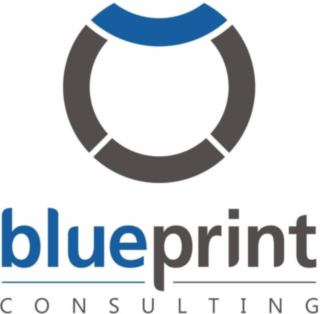
AI Solutions Architect
- Seattle, WA
- $115,000-125,000 per year
- Permanent
- Full-time
- Establish and maintain reporting aligned with business engagements and operational outcomes.
- Project manage creation of new reporting to track initiatives and measure incremental business opportunities.
- Define metrics, data sources, semantic model requirements, and wireframes/storyboards for executive dashboards.
- Develop schedules and plans for executive communications, ensuring milestones, alignment, and readiness for leadership review.
- Lead project plans for readiness materials, live training sessions, and change management adoption.
- Drive initiatives to optimize operational processes, improve engagement tracking, and increase adoption of internal tools.
- Produce high-quality documentation, specifications, and tooling support to accelerate scaling outcomes.
- Conduct discovery workshops and create BRDs, FRDs, process maps, data models, dashboard wireframes, test plans, and handoff documentation.
- Design feedback loops for team members to suggest process improvements.
- Lead efforts to integrate AI into operational processes to reduce time and improve efficiency.
- Define documentation-first patterns for AI agents, including instructions, scoping, tools/actions, data sources, governance, and analytics.
- 2-4 years of relevant experience in analytics, business process improvement, or platform/tool development.
- Strong analytical skills, including data analysis, documentation, and discovery/requirements gathering.
- Hands-on experience with low-code platforms, workflow tools, dashboards, and AI-powered agents.
- Ability to design effective user interfaces and experiences for business applications.
- Strong written and oral communication, problem-solving, and project management skills.
- Adaptability to changing priorities, producing high-quality, rework-free deliverables.
- Experience with multiple data sources and tools for operational reporting and executive dashboards.
- Experience leading workshops or training sessions, and authoring business or functional requirement documents.
- Familiarity with incorporating AI into business processes or tools.
- Creativity and intellectual curiosity to innovate scalable solutions.
- Medical, dental, and vision coverage
- Flexible Spending Account
- 401k program
- Competitive PTO offerings
- Parental Leave
- Opportunities for professional growth and development
Why are you being asked to complete this form?We are a federal contractor or subcontractor. The law requires us to provide equal employment opportunity to qualified people with disabilities. We have a goal of having at least 7% of our workers as people with disabilities. The law says we must measure our progress towards this goal. To do this, we must ask applicants and employees if they have a disability or have ever had one. People can become disabled, so we need to ask this question at least every five years.Completing this form is voluntary, and we hope that you will choose to do so. Your answer is confidential. No one who makes hiring decisions will see it. Your decision to complete the form and your answer will not harm you in any way. If you want to learn more about the law or this form, visit the U.S. Department of Labor's Office of Federal Contract Compliance Programs (OFCCP) website at . How do you know if you have a disability?A disability is a condition that substantially limits one or more of your “major life activities.” If you have or have ever had such a condition, you are a person with a disability. Disabilities include, but are not limited to:
- Alcohol or other substance use disorder (not currently using drugs illegally)
- Autoimmune disorder, for example, lupus, fibromyalgia, rheumatoid arthritis, HIV/AIDS
- Blind or low vision
- Cancer (past or present)
- Cardiovascular or heart disease
- Celiac disease
- Cerebral palsy
- Deaf or serious difficulty hearing
- Diabetes
- Disfigurement, for example, disfigurement caused by burns, wounds, accidents, or congenital disorders
- Epilepsy or other seizure disorder
- Gastrointestinal disorders, for example, Crohn's Disease, irritable bowel syndrome
- Intellectual or developmental disability
- Mental health conditions, for example, depression, bipolar disorder, anxiety disorder, schizophrenia, PTSD
- Missing limbs or partially missing limbs
- Mobility impairment, benefiting from the use of a wheelchair, scooter, walker, leg brace(s) and/or other supports
- Nervous system condition, for example, migraine headaches, Parkinson's disease, multiple sclerosis (MS)
- Neurodivergence, for example, attention-deficit/hyperactivity disorder (ADHD), autism spectrum disorder, dyslexia, dyspraxia, other learning disabilities
- Partial or complete paralysis (any cause)
- Pulmonary or respiratory conditions, for example, tuberculosis, asthma, emphysema
- Short stature (dwarfism)
- Traumatic brain injury